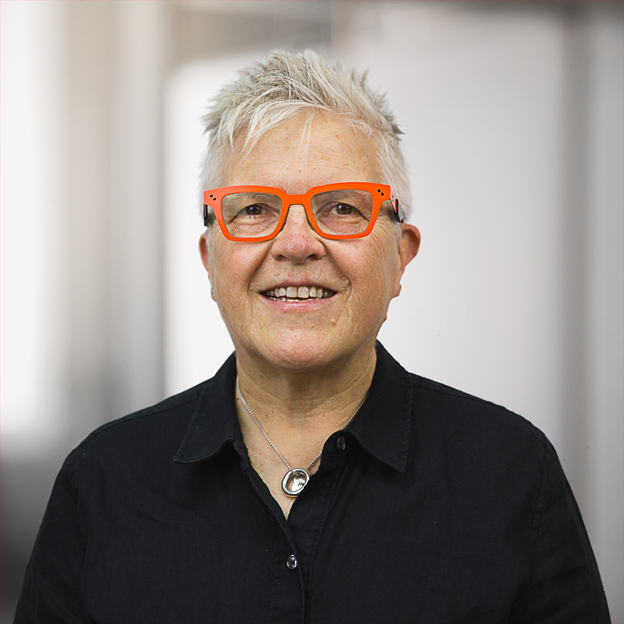Online Workshop

Everyone who is in the helping field will at some point in their career experience some level of compassion fatigue, vicarious trauma, burnout, moral distress, frustration or stress, which can lead to people becoming negative, cynical, avoiding clients, calling in sick often, contributing to declining morale or leaving the profession.
Are there solutions for people to help themselves? Who would have thought that those in the helping field would be affected by the countless stories heard across the desk?
This interactive two-day workshop not only defines and assesses your compassion fatigue, but helps you build the tools to effectively address and manage it.
NOTE: This is an interactive, virtual workshop, which is different from a webinar. Participants will be expected to participate through voice and video, and to engage with each other and the facilitator in large and small group discussions.
Learning Objectives
- Have awareness of the impact of doing the work of human services
- Define and know the differences between compassion fatigue, vicarious trauma, burn-out and moral distress
- Understand the signs and symptoms of compassion fatigue
- Identify your own level of compassion fatigue
- Explore a variety of strategies to help you continue to do this work in a healthy way
- Leave with a resilience and a healthy well-being plan
Who Should Attend?
Any staff in a human, social or community services organization.
Duration
Two, three-hour online workshops held over two consecutive days.
Workshop Dates and Registration
All sessions in Eastern Standard Time.
November 4 & 6, 2025
- Part 1: Tuesday, November 4 | 9:00 – 12:00
- Part 2: Thursday, November 6 | 9:00 – 12:00
- Registration Cut Off: Friday, October 31
Pricing
Members: $295 + HST
Non-Members: $385 + HST
Non-Member Education Level 1/2: $310 + HST
Bring This Workshop to Your Staff
OMSSA can work with you to deliver this workshop to you and your team in an in-person format at a time that works for you. We can also customize the content of each workshop to meet your specific needs. Contact OMSSA's Director, Education Christie Herrington to learn more about bringing this workshop to your staff.
Testimonials
Here are what some attendees had to say about this workshop:
[I enjoyed] the information, stories from the instructor. She was really good and gets it. She made you feel at ease.
[I] really enjoyed this workshop. It was nice to see that you are really not alone and drowning by yourself.
I appreciated hearing the ways others practice self-care and learned some new self-care strategies.
About the Facilitator
Valerie Spironello, MSW, RSW (choosewellness.ca) has been a social worker for over 35 years working in a variety of settings including health care (palliative care, chronic illness), child welfare, and domestic violence. Valerie is an Assistant Professor (PT) with the Department of Family Medicine teaching in the Faculty of Health Sciences at McMaster University. She has provided workshops and presentations to service providers on a variety of topics such as compassion fatigue, work/life balance, mindfulness and end-of-life care. Valerie is also a meditation teacher trained in the use of mindfulness in the clinical setting. In her private practice Choosewellness.ca, she provides counseling, groups, workshops and retreats to assist others in living well in Body, Mind and Spirit. After experiencing compassion fatigue herself, Valerie committed to using her ‘re-found' sense of humour to help others look at, and live their best life. She is very excited to be collaborating with OMSSA to offer this knowledge as support to its members!
Technical Requirements
OMSSA will be hosting this virtual workshop on Zoom, an online, interactive platform that you can join straight from your web browser, or by downloading 'Zoom Client for Meetings' on your computer or tablet.
Participants will be expected to join the workshop via both video and audio. Participants should therefore have access to a desktop computer, laptop computer or tablet with:
a webcam or built-in camera
a built-in microphone or a headphone jack where you can plug in a headset or earphones
We strongly recommend that participants use a headset or earphones with a built-in microphone in order to limit background noise.
System requirements: Click here for more detailed information on system requirements from Zoom.
